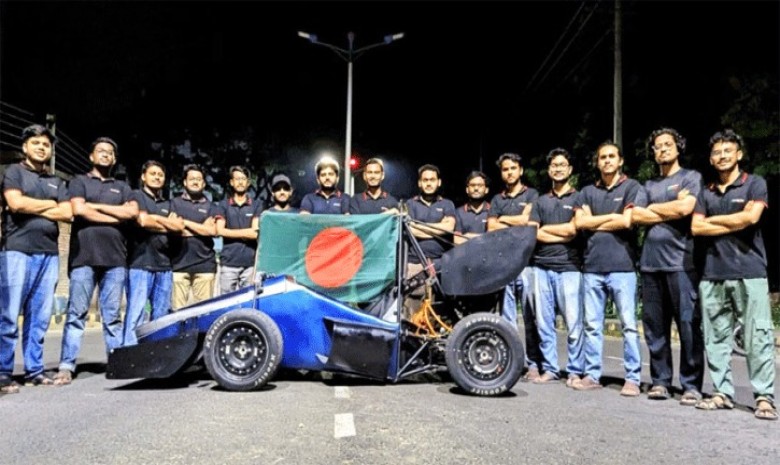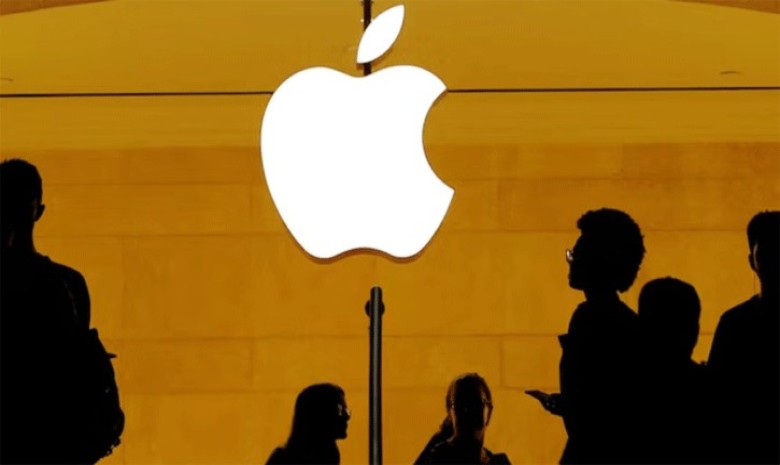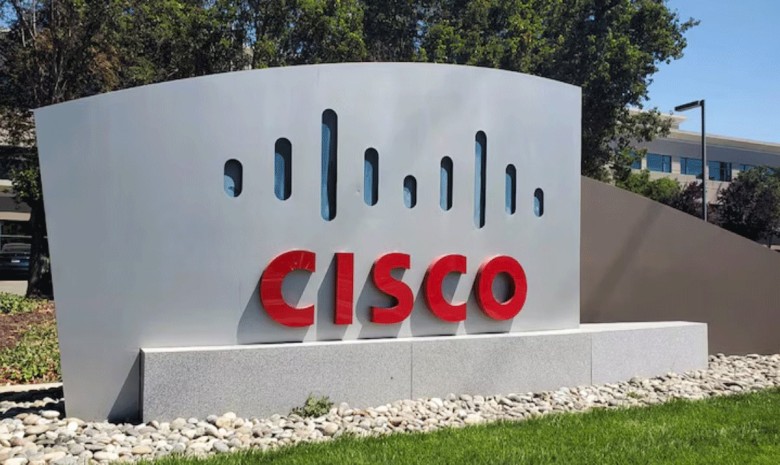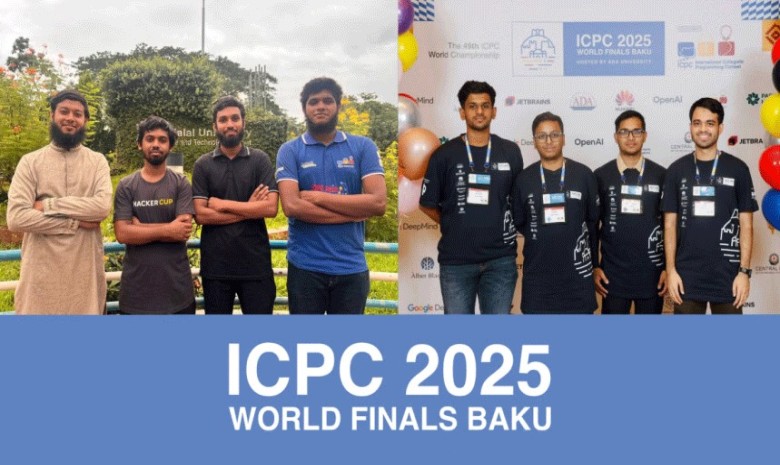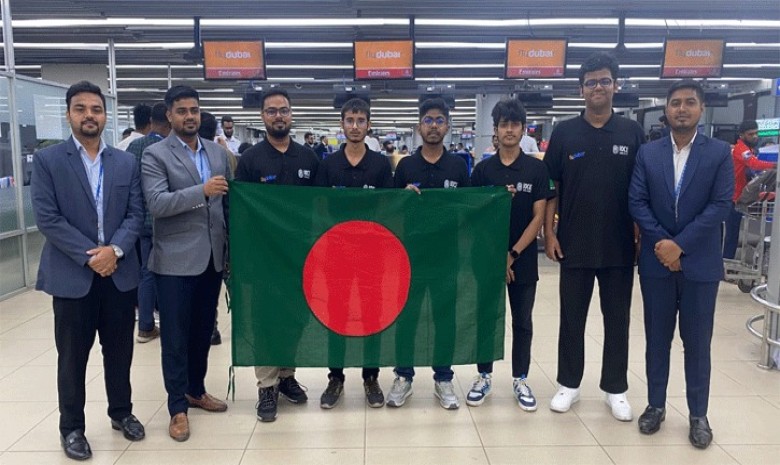By Syed Armaan Ahsan Student, Class 12, Sunbeams School
The term "talent war" may bring to mind competitive sports - but in Silicon Valley, it has taken on an entirely new meaning. Today, it’s a high-stakes race to secure top-tier artificial intelligence (AI) engineers and the offers on the table are as competitive as professional sports contracts.
Microsoft, for instance, is leading this charge. According to Business Insider, the company is offering up to $284,000 in base salary for software engineers and $250,000 for product managers in its AI division. LinkedIn, a Microsoft subsidiary, has posted salaries as high as $336,000 for machine learning engineers — and that’s before bonuses, equity, or retention incentives are even counted.
This isn’t unique to Microsoft. Meta and OpenAI are reportedly offering total compensation packages between $8 million and $20 million to elite AI researchers. These figures have ignited fierce competition across tech giants. In a bold move, Meta recently poached three senior researchers — Lucas Beyer, Alexander Kolesnikov, and Xiaohua Zhai — from OpenAI to join its new superintelligence team. The researchers were reportedly offered multimillion-dollar signing bonuses, prompting OpenAI CEO Sam Altman to question whether such tactics are sustainable in the long term.
So why are these companies paying such astronomical sums?
The answer is simple: AI is the future, and those who can build it are still rare. As demand skyrockets, supply hasn’t caught up. Microsoft, for example, is actively retraining parts of its workforce and shifting hiring toward technical roles that support its AI assistant Copilot and cloud-based infrastructure. Meanwhile, DeepMind — Google’s AI division — has lost several researchers to competitors like Microsoft, further intensifying the poaching wars.
However, this cycle of talent raids comes at a cost.
Every time a company like Meta or Microsoft lures an AI engineer away from a rival, it gains valuable knowledge — but it also disrupts existing projects and inflates salary expectations across the industry. This arms race forces companies to spend more time and resources outbidding each other than building the future they’re paying for.
There are also long-term risks. As more universities expand AI research and offer specialized degrees — such as Carnegie Mellon’s Master’s in Artificial Intelligence & Innovation — the talent pool will inevitably grow. Prestigious institutions like Stanford, MIT, and Oxford are heavily investing in AI-focused education and research. When the market becomes saturated, the ultra-elite compensation currently making headlines is expected to stabilize.
For now, though, the gold rush is real.
If you're an AI engineer or aspiring to become one, you're in the middle of a historic moment. Salaries are soaring, perks are improving, and companies are competing aggressively to hire top talent. But how long this boom will last remains to be seen.
As the AI industry continues to evolve, the real question may not be who wins the talent war — but whether this hyper-competitive cycle can deliver the innovation the world is waiting for.
Sources:
Total views: 902












